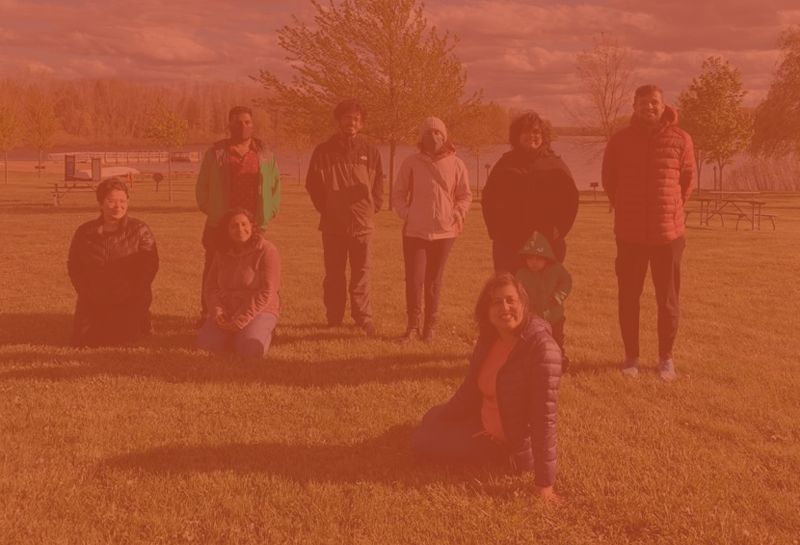ISP Photography Guidelines
The following are intended for use with the
ISP Photography Guidelines
Tips for taking responsible photos
- Say hello. Understand local greeting customs for engaging exchange.
- Question your intentions. Are you upholding the subject’s dignity and well-being?
- Be respectful. Remember, this is your work experience, but it’s their lives.
- Ask permission. Before you snap, make sure your subject has agreed.
- Get informed consent. You must protect children’s privacy.
Cultural representation considerations
How we present our global experiences matters. As you determine what photos to share, the following principles may be helpful to consider
The following content is courtesy RADI-AID’s How To Communicate The World: A Social Media Guide For Volunteers and Travelers resource.
Language and images can either divide and make stereotypical descriptions—or unify, clarify and create nuanced descriptions of the complex world we live in. Use these four guiding principles to ensure that you avoid the erosion of dignity and respect the right to privacy while documenting your experiences abroad.
PRINCIPLE 1: Promote Dignity
You have the responsibility and power to make sure that what you write and post does not deprive the dignity of the people you interact with. Always keep in mind that people are not tourist attractions.
PRINCIPLE 2: Gain Informed Consent
Respect other people’s privacy and ask for permission if you want to take photos and share them on social media or elsewhere. Avoid taking pictures of people in vulnerable or degrading positions, including hospitals and other health care facilities. Specific care is needed when taking and sharing photographs of and with children, involving the consent of their parents, caretakers or guardians, while also listening to and respecting the child’s voice and right to be heard.
PRINCIPLE 3: Question Your Intentions
Ask yourself why you are sharing what you are sharing. Are you the most relevant person in this setting? Good intentions, such as raising awareness of the issues you are seeing, or raising funds for the organization you are volunteering with, is no excuse to disregard people’s privacy or dignity.
PRINCIPLE 4: Use Your Chance—Bring Down Stereotypes
Use your chance to tell people the stories that are yet to be told. Portray people in ways that can enhance the feeling of solidarity and connection. A good way forward is to ask the local experts what kind of stories from their life, hometown, or country they would like to share with the world.



